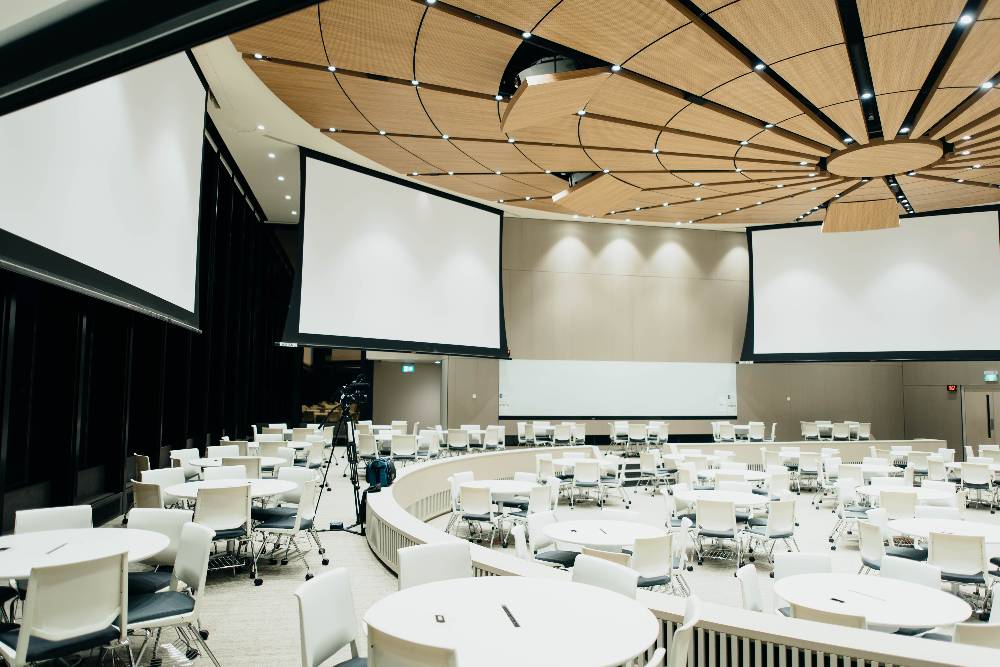Top Tips for Delivering a Killer Presentation at Conferences
Giving a good talk at an academic conference requires careful preparation and attention to detail. Some key things to keep in mind include using simple and clear slides, practicing your delivery, and being prepared for technical issues. Additionally, it's important to engage with your audience and be open to their needs, particularly for those who may be shy or hesitant to speak up during the conference. By following these tips, you can deliver a talk that is both informative and memorable, leaving a lasting impression on your audience.
Creating a Winning Poster: Tips and Tricks for Success at Academic Conferences
Creating a poster for an academic conference is an excellent opportunity to showcase your research and make a lasting impression on your peers. But with so much information to convey and limited space to do it, it can be difficult to know where to begin. In this blog post, we'll share some tips and best practices for creating a visually appealing and effective poster that effectively communicates your research. From organizing your content and choosing the right color scheme, to selecting the right font and layout, we'll cover everything you need to know to create a poster that will help you stand out from the crowd.
Hybrid working: how virtual meetings save the day
It’s been almost two years hearing that remote work is the new normal. But is it really? With news of big corporations like Apple, Wipro, and others calling their employees back to the office, the future of ‘All Remote Work’ seems a bit uncertain. What seems more certain and promising is a hybrid workspace. A working model where employees visit the office on some days and work from home on others. Let's see more about that now!
The story of CarbonFreeConf
The carbon footprint of academics is not negligible and higher than average. This is in part due to academic conferences, implying many long-distance travels to present new research results. One way to thwart these carbon emissions would be to go virtual for most conferences, when possible. To do so, researchers need an easy way to set up their virtual conferences and manage their participants. Moreover, the platform they use should have all the necessary tools to share their research more readily. CarbonFreeConf was developed by a researcher for researchers with these goals in mind as we explain in further detail in these proceedings. In addition, virtual conferences organized with CarbonFreeConf are totally carbon-free as (the low) emissions produced during the conference (from streaming and computer energy usage) are compensated with already approved carbon removal technologies.
Create your own carbon-neutral conference in a few clicks
You are an academic and want to share your research with your peers without negatively impacting climate change? We will see together how this is possible.
How to run a good virtual conference
Organizing a successful virtual academic conference requires careful planning and attention to detail. Define clear goals and invite leading experts in the field. Use a reliable virtual platform and develop an engaging agenda. Promote the conference through academic networks and social media. Provide technical support and encourage networking among attendees. Follow up with attendees for feedback. Consider time zones for an international conference and strive for a carbon-neutral event.





